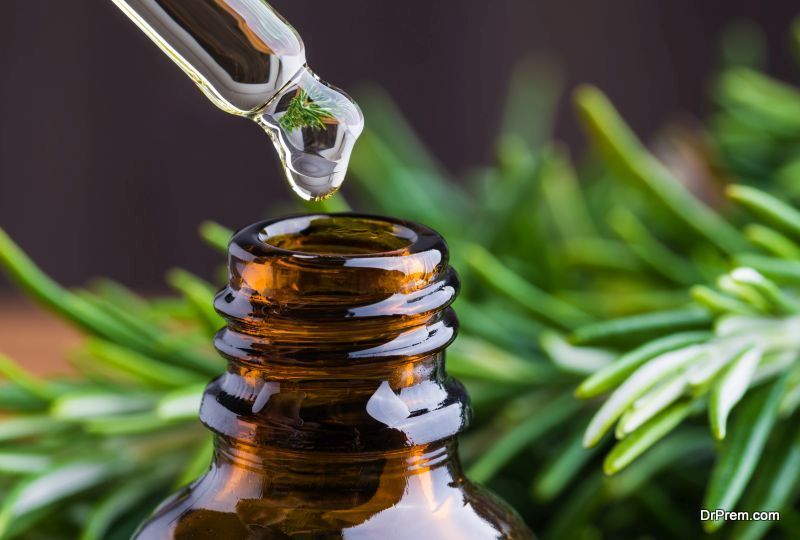“Since the legalization of cannabis began in 2010, there is an ever-changing roadmap for how to navigate this industry,” says marijuana consulting firm MJ Freeway.
There is no doubt that cannabis and cannabis-based products are enjoying their time in the sun. With cannabis making the news daily, industry experts expect the cannabis market to be worth $50 billion by 2026. Cannabidiol (CBD) in particular has been exciting interest due to its potential healing power for a wide-range of maladies.
Want to know what the most frequently asked questions and their answers when it comes toCBD? Here is a primer on what you should know about the miracle oil that has been taking the health industry by storm.
FAQ No.1: What is CBD?
Perhaps you have heard it heralded as amiracle cure for epilepsy? Or how it could be used as an anti-seizure medication? But what is it exactly? And how is it related to cannabis?
CBD is a strain of cannabinoid found in cannabis. Just like THC is a strain of cannabis.THC, however, is the part of cannabis that induces the high feeling most have heard of. Whereas, CBD does something else entirely. CBD can interact with the cannabinoid receptors in our body that are part of our endocannabinoid system. Our endocannabinoid system plays an integral role in the body that keeps all the rest of our biological systems functioning on an even keel. Much of the interest around CBD has to do with how it interacts with our endocannabinoid system.
FAQ No.2: What are the benefits of CBD?
CBD has been showing great potential in areas such as to help people manage stress and anxiety without the high associated with THC.
It is presently being studied as a treatment for epilepsy and those afflicted with seizures. The FDA has yet to approve CBD as an epilepsy treatment. But research, lab studies, and awareness are helping progress be made on that front.
Researchers also believe that CBD can help prevent degeneration in the brain. Studies are ongoing on CBD’s effectiveness for treating Parkinson’s, Alzheimer’s, and multiple sclerosis. Other studies in the pre-clinical stage include the role of CBD in relieving spinal cord injury pain, muscle pain, and arthritis pain. CBD is also being studied as an acne treatment.
FAQ No.3: What tech and research processes are used in studying CBD?
As with all medicines and new treatments that come to the market, there is an intense period of research and investigation. Lab study of CBD benefits and possible treatments involve many steps before reaching a conclusion.
Researchers must first identify the problem that needs to be solved. Then review current and past literature on the problem. While this type of research will provide basic information about the safety of a treatment, it cannot take the place of studying how CBD will interact with the human body.
Effective studies include clinical trial phases of a sample population and then a collection of data and analyzing of the data. According to Cancer Research UK, there is no typical amount of time that it can take before a drug is tested, approved, and released.
FAQ No.4: Is Hemp CBD oil less effective than cannabis CBD oil?
This depends on what measure you are basing effectiveness on. Hemp CBD oil will not get you high, as there are virtually no traces of THC in hemp. CBD from cannabis flowers might have higher traces of THC. But this depends on the process of extraction.
At its root, however, CBD molecules are the same no matter where they are found. Health benefits associated with CBD molecules will not change in huge ways depending on whether the CBD came from the indica plant or a hemp plant.
Article Submitted By Community Writer






